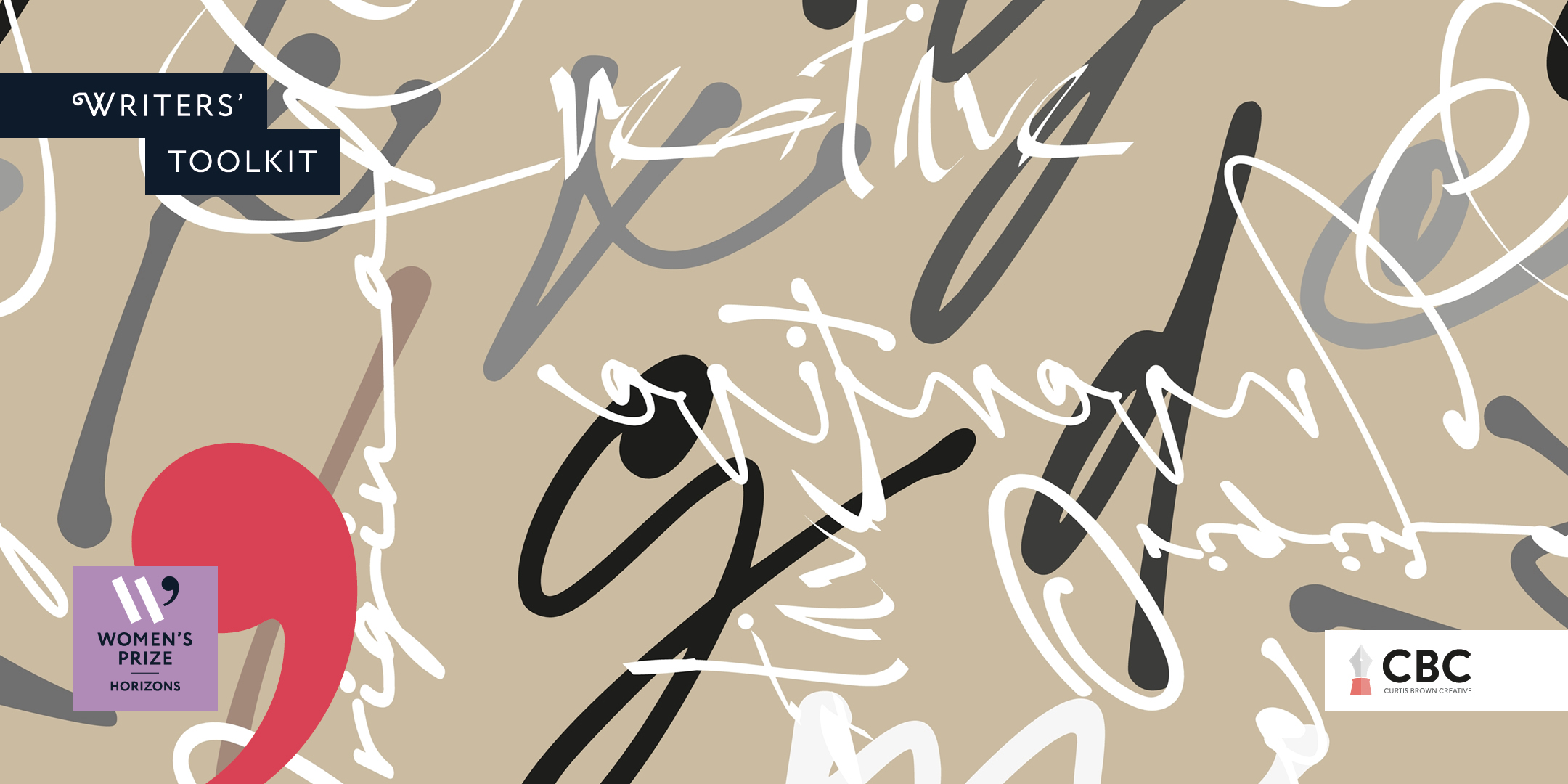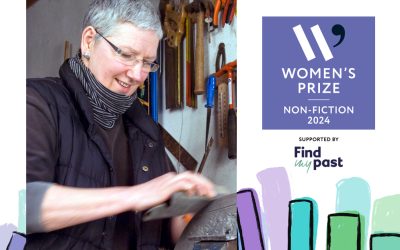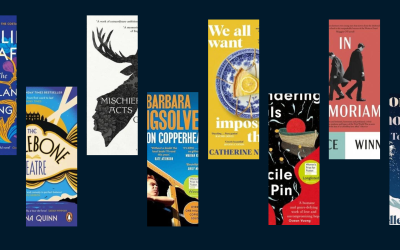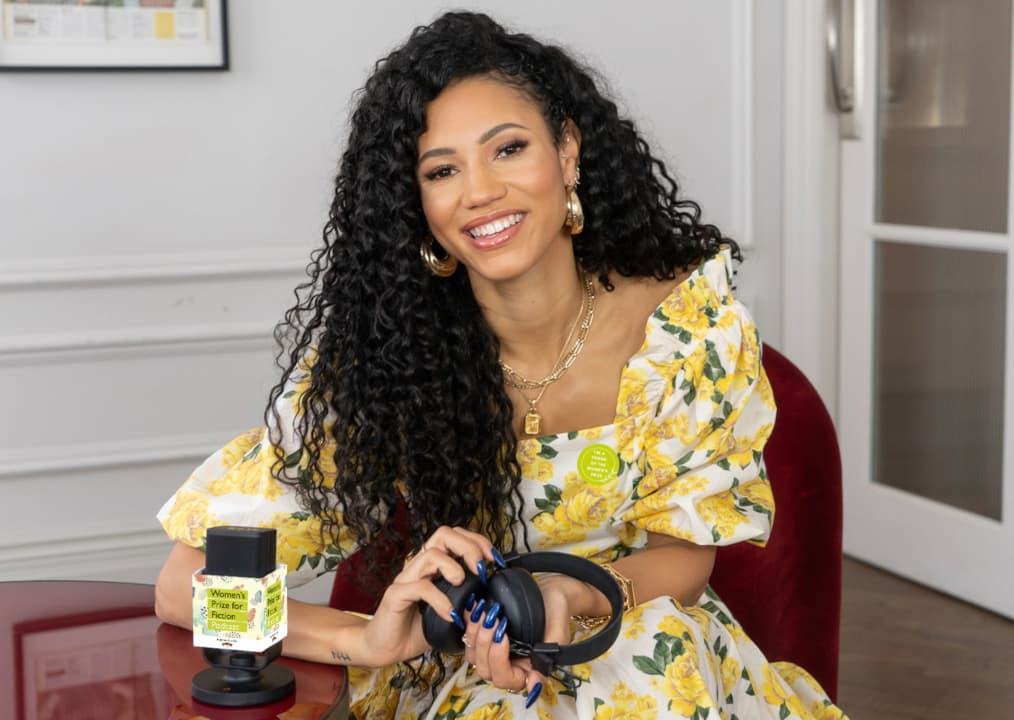
How to pitch your novel
Preparing to Pitch: The novelist salesperson “Can you summarise your novel in a sentence or two,” my marketer, Eloise asks,…


The craft of writing a memoir is all about turning your life experiences into a compelling narrative – but how can you make sure your personal story captures the attention of a literary agent?
Our friends at Curtis Brown Creative – the leading writing school from the major literary and talent agency – asked some of the literary agents at Curtis Brown and C&W for their top tips to help writers get ready to submit their memoir proposal – including the dos and don’ts, and what was special about some of the recent memoirs that they’ve read and loved.
These insights from Cathryn Summerhayes (Curtis Brown), Sabhbh Curran (Curtis Brown) and Sophie Lambert (C&W) will help you prepare your submission to literary agents.
Cathryn Summerhayes: Everyone has a story to tell. Everyone’s life has twists and turns, ups and downs. In fact, everyone COULD write a memoir. But in all honesty, the majority of people shouldn’t, unless they are absolutely sure that their story has a USP – and that their way of telling it is surprising and exciting and interesting to more than a small group of people who can relate to their own experience.
This is Going to Hurt could likely have been written by many junior doctors who experienced the stresses and strains of life working for the NHS – and I see tens of submissions by fed-up medics every day – but what Adam Kay did was find a way to tell his personal story, the story of the decline of the NHS and the government AND educate us about medicine – AND make us laugh and cry, all at the same time. I am looking for that magic in a proposal – and it doesn’t matter who the person is, where they are from, what they do – it’s just that totally unique way of communicating a life or a time in one’s life.
Sophie Lambert: I love representing memoir. It feels like a privilege to be part of the process of helping to guide a writer to share a personal story in a way that then has broad resonance. Hands down the first thing I look for is a clear sense of what the heart of the memoir is. That may sound self-evident, but from my experience a lot of writers don’t think enough about the core of the ‘story’ and what will make it truly stand out and feel like an invitation to better understand a unique experience.
If that intention and sense of purpose is clear, then the next obvious thing for me is the writing itself. I want to feel as though a memoir writer can take me by the hand and show me the significance of that unique experience in elegant, self-assured beautiful prose. And ideally, I look for a confident and easy-to-grasp structure that is formed around the core of the book and which effortlessly helps to provide a sense of momentum and unfolding narrative. I work very closely with writers on structure and grappling with ensuring that the heart of the story is clear, so all these things are only ideal. If I fall for a voice, then that alone can be enough.
Sabhbh Curran: Connecting to the voice is key. I want to feel swept up and fully invested in the human journey. It’s always exciting to come across a memoir that has been approached in a creative way, either in terms of structure or an unusual entry point into a life-story.There have been some really exciting and genre-busting memoirs in recent years; think In the Dream House, On Chapel Sands, A Ghost in the Throat. The best memoirs make the personal accessible and I love when authors employ a certain device to do this, in the way that H is for Hawk and The Salt Path use a goshawk and a perilous journey respectively to delve into loss and grief. Personally, I’m also on the hunt for an exciting professional confessional as I love having that direct access into a world I may know little about.
Cathryn Summerhayes: A harsh comment, but a fair one, lots of submissions are BORING. Too much over-explanation, too much preamble. What I love in a proposal, is a confident paragraph directly from the memoir, up front and centre in the submission letter that grabs you and makes you think, I need to know MORE about this person… Tell us everything in a letter – I was born, I went to school, etc, etc – and you’ll find me yawning. Be concise, don’t feel you need to tell me everything all at once. Give me the themes, give me a snapshot of the life not the whole shebang. For Grace Dent, we just sent a proposal that was a series of vignettes about her life growing up – using different types of food as headings. It gave us a theme and it made the publishers sit up – and laugh. It wasn’t overly arch or overly long.
Sophie Lambert: I think that it’s often tempting to try and include too much – to try and make a memoir feel too sweeping, whereas what resonates and what lingers for a reader are the details. The other common error is not thinking carefully enough about what a reader will take from someone else’s very personal story. There are little invisible threads of narrative and detail that need to be spun between a story that is deeply personal and the reader so as to enable the reader to empathise and care sufficiently, and for them to feel that it changes the way they see the world too rather than it feeling closed off.
Sabhbh Curran: As with any submission, it’s important to make sure that your cover letter is tailored to the agent you’re submitting to and ideally that you’ve double-checked how to spell their name (sorry, mine’s a tricky one!). By its very nature, memoir writing requires self-reflection, however, in a submission letter it’s also key to take a step back and be able to objectively show the ways in which your memoir is a real-life story that people will want to read. What is that entry point that will make this book feel relatable? Can you refer to any other successful memoirs in the market that you think will have a similar readership, or are comparable in structure or approach?
Cathryn Summerhayes: Well, I’ve only read the pitch and a few bits and bobs – but I know I am going to ADORE Without Warning and Only Sometimes by Kit de Waal. Just follow her on Twitter to know she will tell her amazing story in a WONDERFUL way. Three Women by Lisa Taddeo – memoir meets investigative journalism – GROUND-BREAKING stuff. I would be remiss not to mention Sins of My Father by Lily Dunn and Rebecca Humphries’ Why Did You Stay? Gaslighting meets women’s liberation. Searing stuff.
Sophie Lambert: I love reading memoir as well as representing it. This year I’m lucky enough to represent several outstanding memoirs that are being published, including Christina Patterson’s Outside, the Sky is Blue and Rosie Kinchen’s The Ballast Seed. I’ve also finally read Laura Cumming’s astonishingly brilliant On Chapel Sands – a masterclass in writing – and I’m now reading Lea Ypi’s Free: Coming of Age at the End of History, which is an extraordinary book about coming of age in communist Albania. I also loved returning to Marjane Satrapi’s Persepolis and Clover Stroud has an utterly mesmerising way of writing about motherhood in My Wild and Sleepless Nights.
Sabhbh Curran: I recently listened to and thoroughly enjoyed Beautiful Country by Qian Julie Wang, the heart-breaking and poignant account of an undocumented childhood in the US. I’m drawn to humorous memoirs too and so sped through Georgia Prichett’s My Mess Is a Bit of a Life, a witty, surprising and often moving look at creativity, anxiety and writing comedy.
Cathryn Summerhayes: Stand back and take a look at your life and think: If I wasn’t this person, what are the most important things I want to read about him or her? Use those key things as the framing device for your story. Memoirs don’t need to be chronological, but you have to have a clever – or just straightforwardly smart – way of breaking down the story. DON’T BE BORING. It is unlikely to matter that much what colour socks you were wearing or if it was hot or cold. Sometimes it does – just not on every page. Be sparing with unnecessary detail.
Sophie Lambert: Clarity of vision. Really know how to sum up the essence of your book and its ambition. Why should a reader want to pick up your memoir and what are they going to take from it? Ask yourself really tough questions so that you can hone the way you frame your narrative and present your pitch and your book.
Sabhbh Curran: Don’t underestimate the power of the pitch. The cover letter is a sales pitch and the first insight an agent has into your memoir and so, like the blurb on the back of a book, really needs to pull its weight. The best pitches are thoughtful, concise and will whet the agent’s appetite.
_________________________________________________________________________________
This interview was originally published on the Curtis Brown Creative website. Read more of the free writing tips and interviews on offer from the leading writing school.
If you’re looking for in-depth industry insights, expert advice and feedback on your own memoir-writing, explore all the Curtis Brown Create courses available.
Curtis Brown Creative (CBC) is one of the UK’s most successful writing academies, running courses online and in London. It’s the only creative writing school to be owned and run by a major literary and talent agency (The Curtis Brown Group). Since CBC was founded in 2011, over 200 students have become commercially published authors, including Bonnie Garmus (Lessons in Chemistry), Stacey Thomas (The Revels), Emilia Hart (Weyward) and Kirsty Capes (Careless).

Preparing to Pitch: The novelist salesperson “Can you summarise your novel in a sentence or two,” my marketer, Eloise asks,…

Thrilled to annouce today the winning artist nominated to create ‘The Charlotte’, the figurine to be cast in bronze which…

The best recommendations come from readers, so we asked YOU to tell us the stand-out books by women you read…

There is nothing better than settling down with a good book and escaping the mundane, everyday life. Books are where…
Tune into host Vick Hope and a line-up of incredible guests on our weekly podcast full of unmissable book recommendations.
